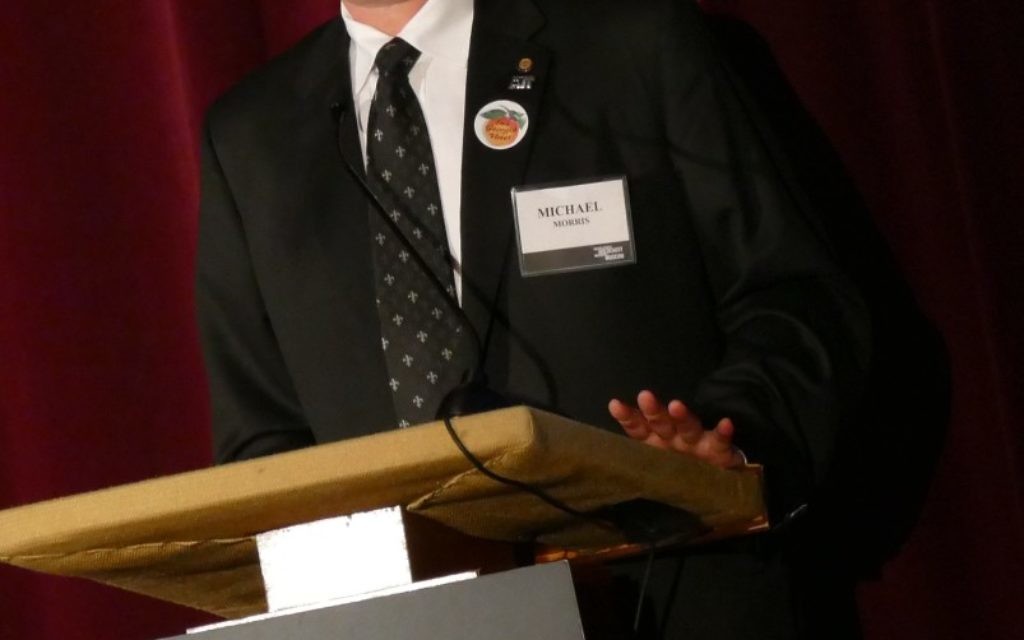Holocaust Museum Eyes Future in Saving Past
Jennifer Teege has visited Atlanta at least three times since November to talk about her book, “My Grandfather Would Have Shot Me: A Black Woman Discovers Her Nazi Past,” but her appearance Tuesday night, March 1, at Ahavath Achim Synagogue had special significance.

Teege, who at age 38 stumbled upon the fact that her grandfather was Amon Goeth, the sadistic Nazi concentration camp commandant played by Ralph Fiennes in “Schindler’s List,” wasn’t back just to tell her story or sell some books. She was here to promote the U.S. Holocaust Memorial Museum and its $540 million Never Again: What You Do Matters fundraising campaign.
“I’m very enthusiastic about the museum,” she said.
Get The AJT Newsletter by email and never miss our top stories Free Sign Up
Teege’s personal story and its many moments of beshert (destiny) — the daughter of a German woman and Nigerian man, adopted, visiting Israel on a whim and staying 4½ years because of her love of a man and the land, opening a random book in a library and finding that it was about her birth mother, leading to the discovery of her Nazi ancestry — never cease to amaze and captivate audiences, including well over 100 people March 1.
But two messages particularly connected with the mission of the museum and purpose of its 2016 Atlanta community event: the actions of ordinary people and our responsibility toward history.
Teege said her grandfather did horrible things, but he was not a monster forced to act by some irresistible evil. He had the ability to behave differently but chose to inflict pain and death. And his actions were made possible by the decisions of ordinary people to go along.
That impulse to just go along is the danger we must be aware of and resist, Teege said.
She also said it’s important to understand the difference between guilt and responsibility. She and other descendants of war criminals don’t share their ancestors’ guilt, but they do bear the responsibility to expose those crimes to help ensure they are never repeated.
Similarly, any ordinary person can act to prevent the evil of genocide and ensure that the Holocaust not only is never forgotten, but also can never be denied.

That’s the overriding goal of the Never Again campaign, which includes a target of $300 million in annual donations by 2018 and $200 million more for the museum’s endowment. The concrete element of the campaign, as well as the focus of appeals at the Ahavath Achim event, is the $40 million Shapell Family Collections and Conservation Center.
“This is the most important building our museum will ever build,” museum Director Sara Bloomfield said in a video about the Shapell Center and the museum’s Memory Now project, which is combing the world to find and record Holocaust artifacts while survivors remain to authenticate them.
The museum projects that its collection will double in size over the next decade, and the Shapell Center is expected to provide the space and facilities not only to house and preserve those items, but also to offer access and education.
Those items will be crucial in the future to prove that the Holocaust happened, said AJT Publisher Michael Morris, a former member of the U.S. Holocaust Memorial Council and current member of the Georgia Commission on the Holocaust. Within a couple of generations, the slaughter of 6 million Jews will be unbelievable, Morris said; in 10 generations, “it will be unfathomable.”
He urged the attendees to donate to the Shapell Center regardless of what annual contributions they make to the museum.
Photos by Michael Jacobs






comments